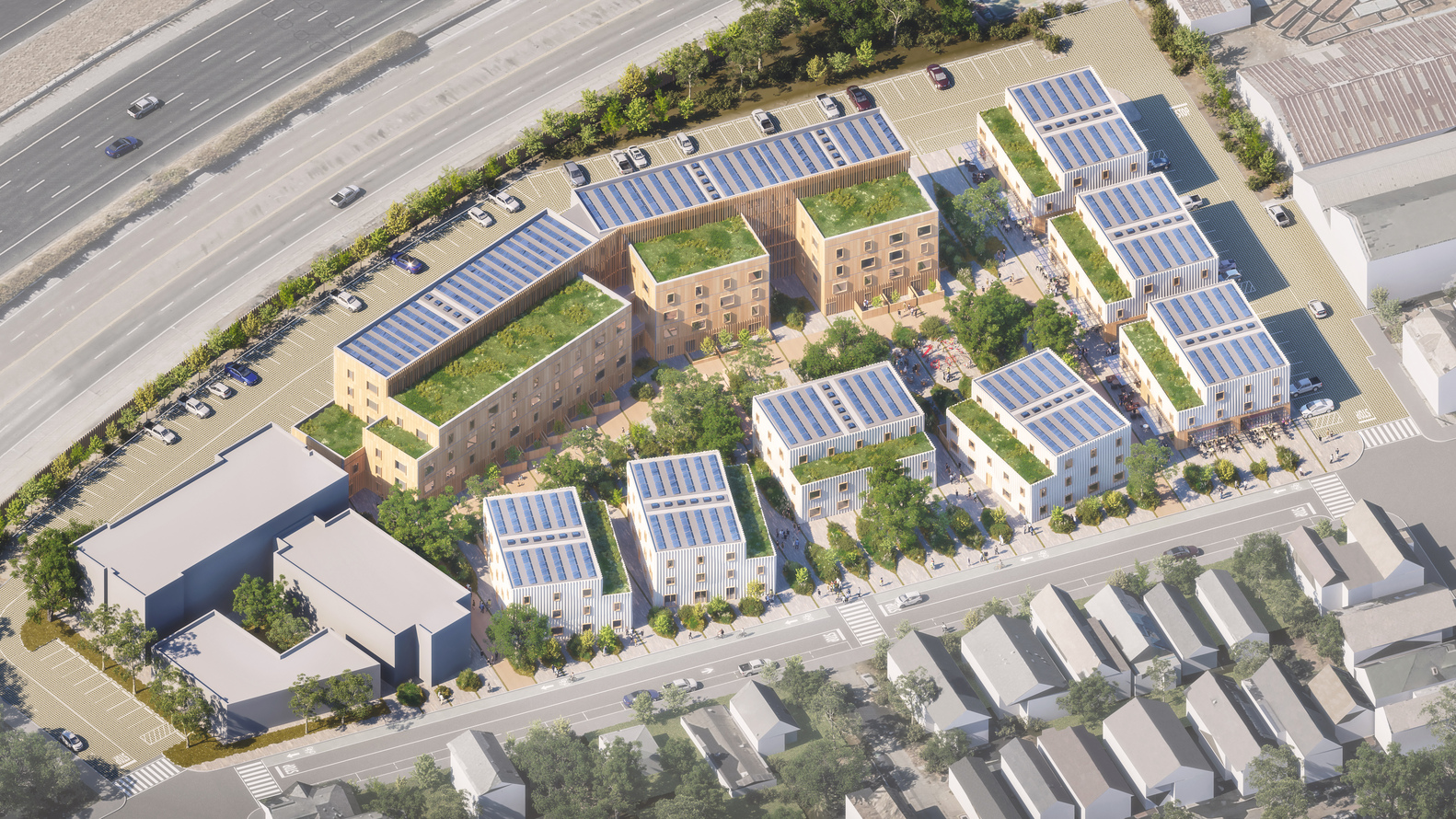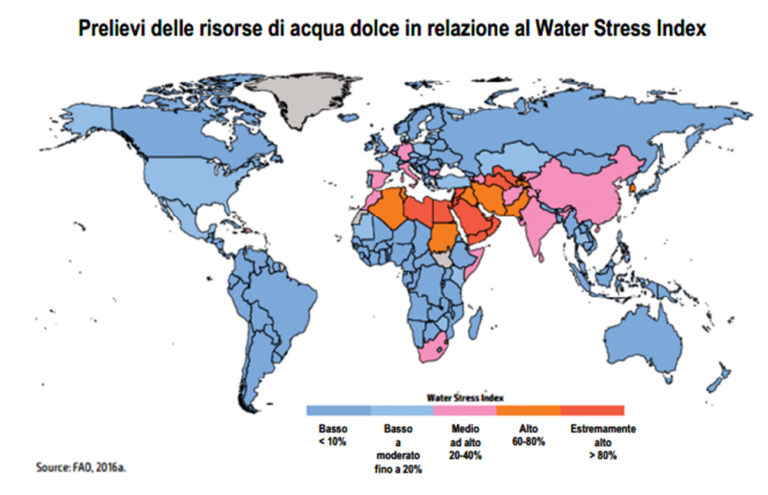Trump's Second Term: An Examination Of Presidential Pardons

Table of Contents
The Scope of Presidential Pardon Power
The US Constitution grants the president the power to "grant Reprieves and Pardons for Offenses against the United States, except in Cases of Impeachment" (Article II, Section 2). This seemingly straightforward clause, however, encompasses a vast and complex area of legal authority. The president's pardon power is absolute in its reach, meaning they can pardon individuals for federal crimes, even before charges are filed. This includes full pardons, which erase a conviction completely, and commutations, which reduce a sentence but leave the conviction intact.
However, this power is not without limitations. Presidential pardons cannot be used to overturn impeachments; that process lies solely within the purview of Congress. Furthermore, presidential pardon power extends only to federal crimes. State crimes remain under the jurisdiction of state governments, meaning a presidential pardon wouldn't affect a conviction for a state-level offense.
- Breadth of Pardons: The distinction between a full pardon and a commutation is critical. A full pardon wipes the slate clean, while a commutation simply lessens the punishment. Understanding these nuances is vital when analyzing the impact of any specific pardon.
- Historical Controversies: History is replete with examples of controversial presidential pardons, sparking debates about justice, fairness, and the appropriate use of executive power. These past instances serve as valuable case studies for understanding the potential ramifications of future pardons.
- Legal Precedent: The question of whether a president can pardon political allies or associates is a complex one with significant legal and ethical ramifications. Existing legal precedent offers some guidance, but ultimately, the interpretation and application of this power remain subject to ongoing debate.
Predicting Pardon Patterns in a Hypothetical Second Trump Term
Analyzing Trump's first term reveals a pattern of using pardons for associates and those perceived as loyal. High-profile examples include the pardons of Roger Stone, Michael Flynn, and Paul Manafort. These actions fueled intense public and political debate. A hypothetical second term could see a continuation or escalation of this pattern.
Based on ongoing investigations and legal battles, several individuals could become targets for potential pardons. This raises significant questions about the fairness and impartiality of the justice system.
- Family Members: The potential for pardons for family members embroiled in legal trouble remains a significant concern. This scenario could further erode public trust and raise concerns about conflicts of interest.
- January 6th Capitol Attack: Numerous individuals involved in the January 6th Capitol attack face various charges. The possibility of presidential pardons for these individuals would represent a major political and legal earthquake.
- Business Dealings: Individuals implicated in business dealings involving Trump or his organizations could also be potential recipients of pardons, raising questions about the intertwining of personal and political interests.
Political and Legal Ramifications of Widespread Pardons
The political fallout from a controversial use of presidential pardons could be immense, potentially triggering widespread protests, impeachment attempts, and significant damage to the president's reputation and approval ratings. The impact extends beyond mere political posturing; it directly affects the public's trust and confidence in the integrity of the justice system.
Legally, controversial pardons could also face challenges in the courts. While the Supreme Court has historically upheld broad presidential pardon powers, lawsuits questioning the legality of such actions based on motives or potential abuses of power remain possible.
- Erosion of Public Trust: Widespread pardons, particularly those perceived as politically motivated, can significantly damage public trust in the fairness and impartiality of the judicial process.
- Legal Challenges: Legal challenges to the pardons could arise if it's demonstrated that the pardons were granted in exchange for illicit favors, or if the pardons are seen as obstructing justice.
- Election Impact: Presidential pardons, particularly those issued in the run-up to an election, can heavily influence voters’ perceptions and become a central campaign issue, impacting the outcome.
Comparative Analysis: Presidential Pardons Throughout History
Examining the pardon practices of past presidents reveals recurring patterns of controversy. President Gerald Ford's pardon of Richard Nixon remains one of the most debated in history, sparking intense public debate that lasted for years. By comparing and contrasting these historical examples with the potential actions of a second Trump administration, we can better understand the context and consequences of presidential pardon decisions.
- Historical Precedents: Understanding the historical context and political motivations behind past pardons provides valuable insight into the complexities of this presidential power. Analyzing previous instances of controversial pardons helps anticipate potential reactions to future actions.
- Public Reaction: The public's response to presidential pardon decisions has varied significantly throughout history. Analyzing these different reactions illuminates the impact of presidential actions on public opinion and trust in the government.
Conclusion
This article explored the considerable power of presidential pardons, focusing specifically on the potential impact of such actions during a hypothetical second term for Donald Trump. We analyzed his past pardon decisions, considered potential future targets, and examined the potential political and legal repercussions. The potential for misuse, the impact on public trust, and the legal challenges are all significant concerns.
Understanding the implications of presidential pardons is crucial for informed civic engagement. Further research into the history and legal precedents surrounding presidential pardons will help us to better understand the complexities of this powerful executive power. Continue the discussion and learn more about the intricacies of presidential pardons and their impact on the American political landscape.

Featured Posts
-
 Significant Changes To Carneys Cabinet Focus On Energy Housing And Ai
May 16, 2025
Significant Changes To Carneys Cabinet Focus On Energy Housing And Ai
May 16, 2025 -
 Microplastiche In Quale Tipo Di Acqua Sono Piu Presenti
May 16, 2025
Microplastiche In Quale Tipo Di Acqua Sono Piu Presenti
May 16, 2025 -
 Investigation Leads To Nhl Suspension Of Minority Owner For Online Abuse
May 16, 2025
Investigation Leads To Nhl Suspension Of Minority Owner For Online Abuse
May 16, 2025 -
 Celtics Game 3 Starting Guard Absence Vs Orlando Magic
May 16, 2025
Celtics Game 3 Starting Guard Absence Vs Orlando Magic
May 16, 2025 -
 When Are The Steam Sales In 2025 A Comprehensive Guide
May 16, 2025
When Are The Steam Sales In 2025 A Comprehensive Guide
May 16, 2025
